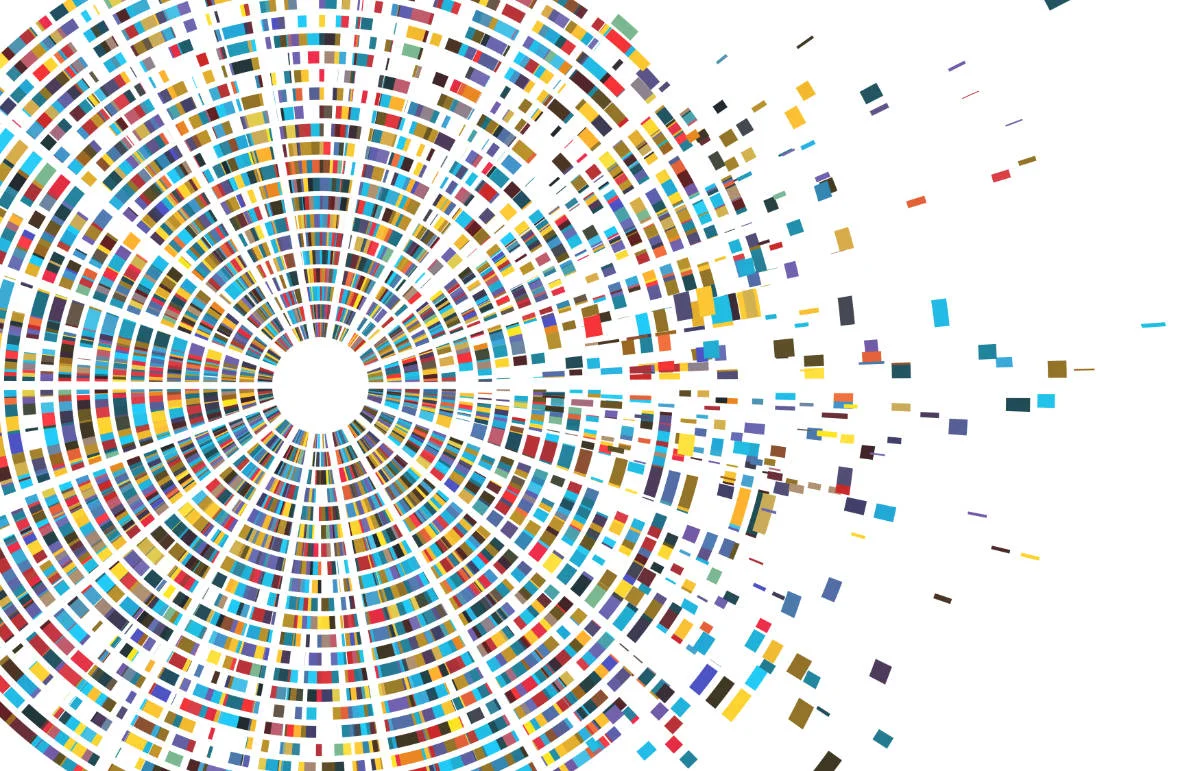
The impact data sharing and GHGA can have for disease communities.
Be it in research or clinical care, data is powerful. Only when combining data from larger cohorts will researchers be able to produce robust results and make new scientific discoveries.
GHGA aims to bring these data treasures together and unlock their full potential. Sharing data in a protected and safe manner enables scientific discovery and the development of new diagnostic tools and therapies.
Technological Advancements and Data Accumulation
Rapid technological advances have dramatically decreased sequencing costs, making the technology affordable and accessible for researchers. In addition, advanced bioinformatic methods have established sequencing as a standard research and diagnostics technique, leading to the production of a vast amount of data. The rapid growth of available data is a major challenge, but also an unprecedented opportunity for research.
Revolutionising Health Care
Omics approaches are becoming an increasingly important tool in health care. They allow the diagnosis of (rare) diseases whose underlying genetic modifications can often only be identified by sequencing. Medically indicated screening for disease risk genes can also assist in disease prevention, allowing closer monitoring of individuals at risk. Individually tailored therapeutic approaches based on genome analysis account for biological variation between patients and have tremendous potential in helping patients not responding to standardised therapy. So from cancer to rare diseases, omics data can greatly contribute to monitoring and improving health conditions, directly impacting patient care.
Why Data Sharing Matters
Data is most powerful when shared. Often, data lies dormant, stored locally with the collecting party, once the initial research has been concluded. It is not available for secondary research as it is not findable or usable. GHGA will - for the first time - combine large data sets from all over Germany in one infrastructure, enabling researchers to securely share their data and unlock its full potential.
Already, leveraging omics data can have a major impact on healthcare. The following examples showcase how omics data have the potential to revolutionise healthcare and highlight GHGA's role in this process:
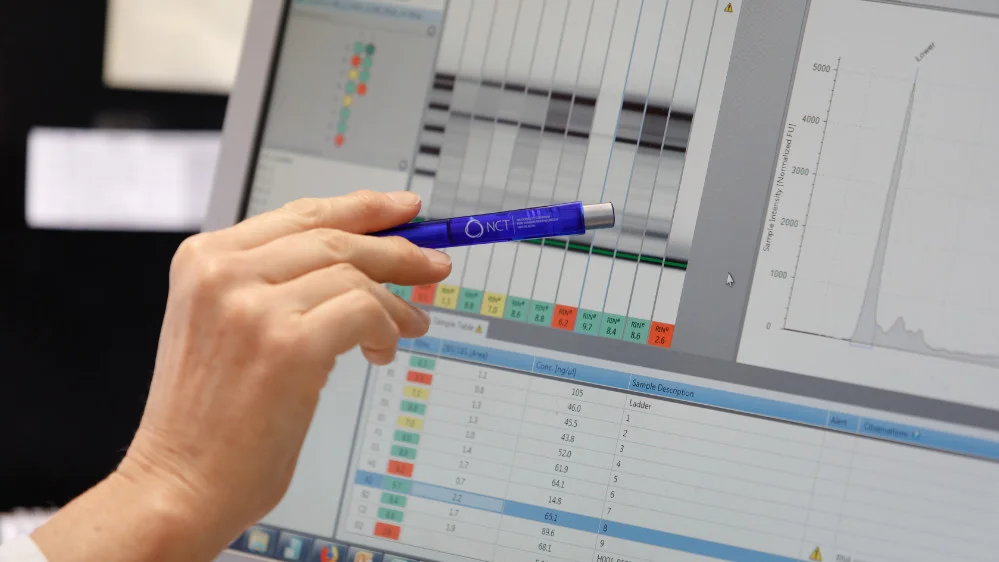
Comprehensive genomic and transcriptomic analyses can enable personalised medicine and improve patient care. The ongoing multicenter observational NCT/DKFZ/DKTK MASTER (Molecularly Aided Stratification for Tumour Eradication Research) study demonstrates that molecular analysis provides diagnostic and therapeutic benefits for cancer patients. Using a standardised precision oncology workflow, the patient’s tumour and control genome are analysed and the results are discussed in a multidisciplinary molecular tumour board. Targeted therapy recommendations were given in more than 85% of cases, of which 32% were managed accordingly. With a significantly increased progression-free survival compared to previous treatments in more than a third of these patients, the MASTER programme is a clinical use case for genomic medicine, where data sharing is key to accumulate large genomic and clinical data sets. The MASTER data set was the first available within GHGA.
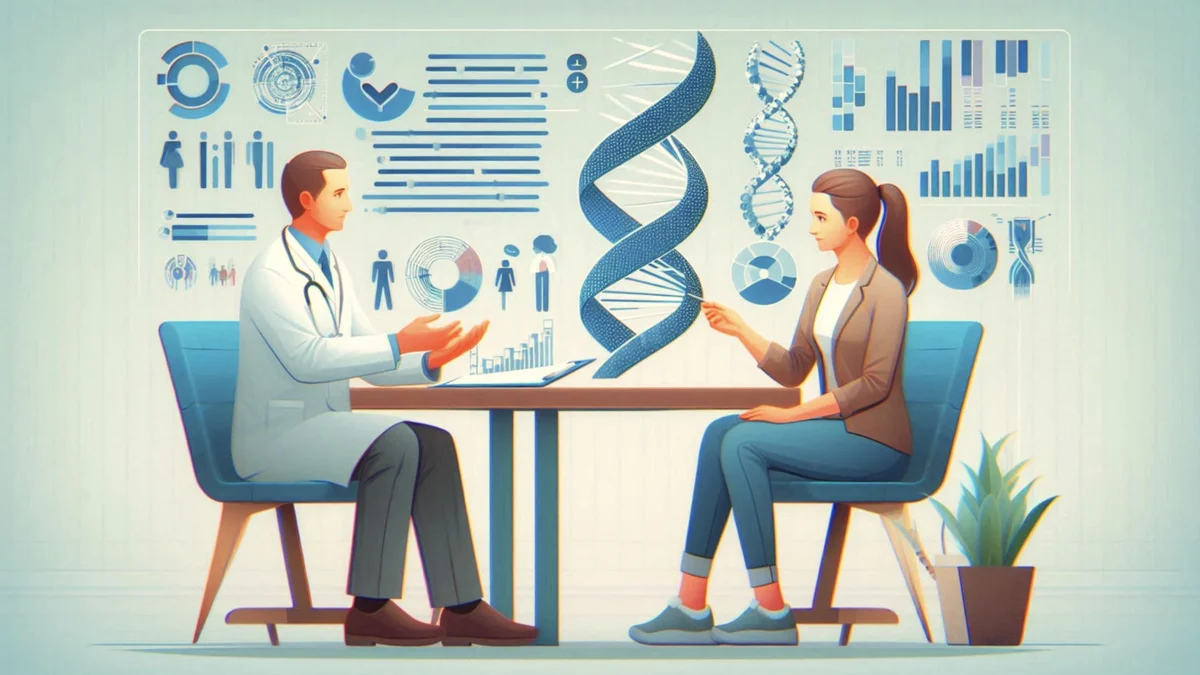
So far, molecular analysis of genomic data for diagnosis or personalised therapies is not part of standard health care in Germany. However, this is changing with the launch of the genomDE model project. As of July 2024, genome sequencing is being offered at participating university hospitals for certain patients with cancer and rare diseases. The goal is to identify genetic changes that may trigger these diseases, enabling earlier and more precise diagnosis and treatments tailored to the individual genetic profiles of patients. The omics data collected will be securely stored and shared in Genome Data Centers not only aiding patient care but - with patient consent - also contributing to research by providing new insights into the relationship between genetic variations and diseases. Six GHGA data hubs have been approved as Genome Data Centers, with GHGA providing the archiving and research platform for the genome data generated by the MV GenomSeq program.
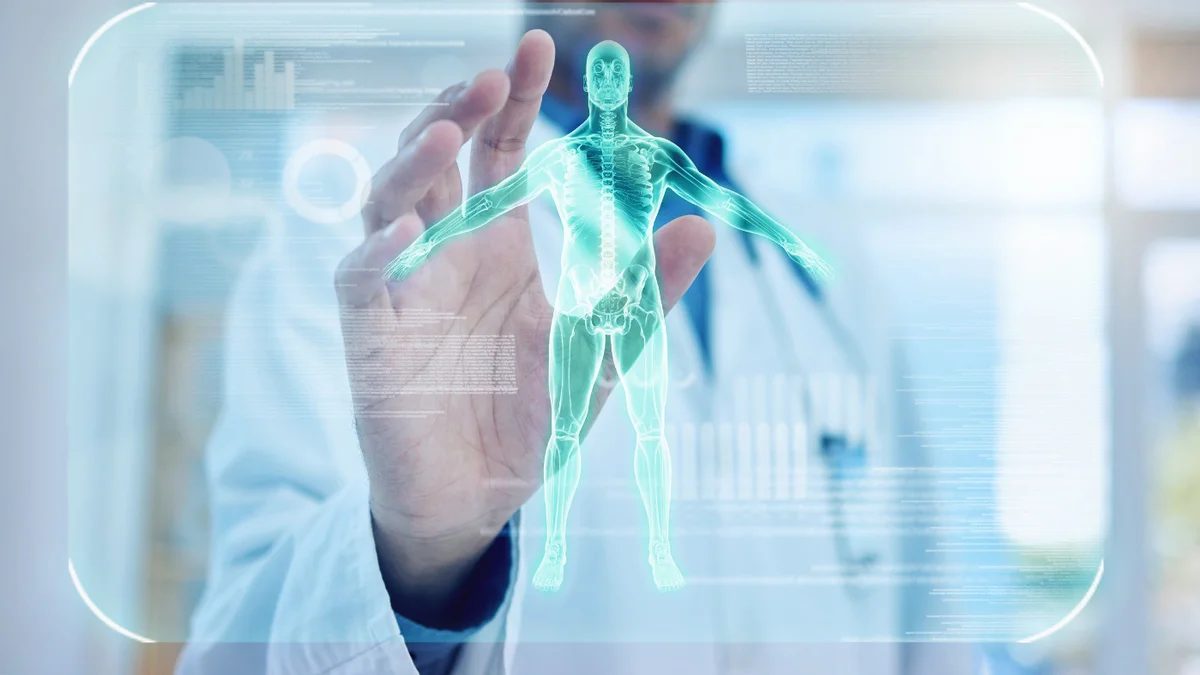
Artificial intelligence (AI) is increasingly transforming the health care industry through a wide range of innovative applications. These include robot-assisted surgeries, advanced apps for early detection of skin cancers, AI-driven analysis of MRI and X-ray images, and wearable devices that help manage chronic conditions like diabetes. The development of such AI-powered tools relies on vast amounts of high-quality data to train the underlying algorithms. As AI technology continues to expand its role in health care, it holds the potential to revolutionise clinical practices and save billions of Euros annually across the globe by improving efficiency, accuracy, and outcomes. However, the effectiveness of AI in health care depends on access to large, well-structured, and secure data sets. GHGA aims to be an enabler in this space by providing access to such data for research and clinical care purposes.

Rare diseases are often caused by variants in the genetic code. Only when large genome reference data sets are created and shared across clinics can patients be successfully diagnosed. The rarer the disease, the larger the data set needs to be in order to find the genetic change. A swift and accurate diagnosis and treatment of the disease is immensely beneficial for the individual patients – but it also eases the burden on the healthcare system. Using sequencing techniques early in the diagnostic process can more than triple the diagnostic success rate, at one-third of the cost per diagnosis. Working closely together with the rare disease community and initiatives such as Solve-RD and ERDERA, GHGA aims to establish a reference genome collection and provide workflows tailored to their community needs.

The German National Cohort (NAKO Gesundheitsstudie) is a long-term population-based study organised and conducted by a network of German research institutions. The aim is to shed light on the causes of common diseases such as cancer, diabetes, cardiovascular diseases, and infectious diseases, and to uncover the role of e.g. environmental factors, nutrition, lifestyle, and our genes. The comprehensive data collection of more than 200,000 participants is now expanding to omics data. This data will help to elucidate the causes and risk factors of these widespread diseases as well as identify opportunities for early detection and prevention. The omics data will be stored within GHGA, making this large population-based data set also available for secondary research use.
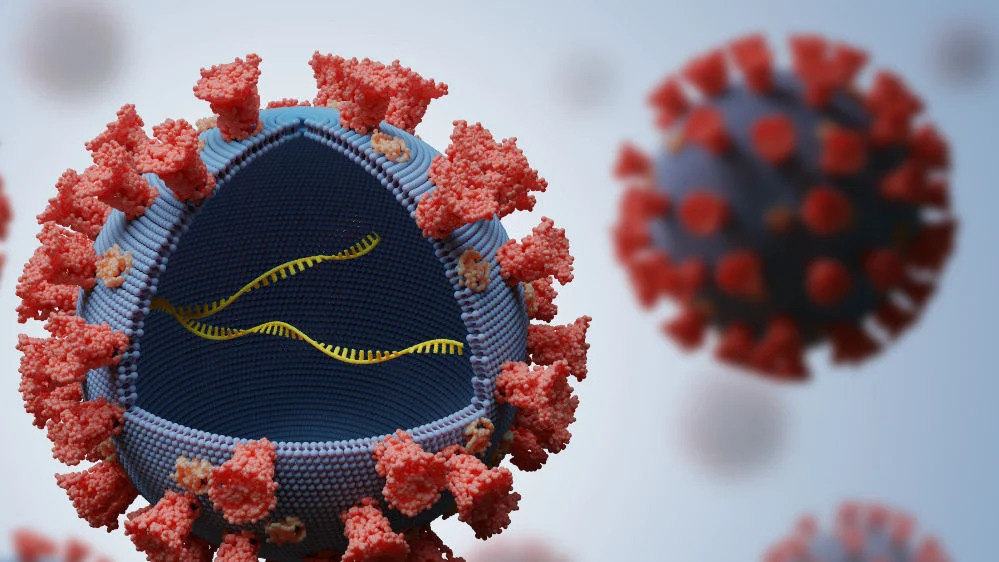
Genome research had a major impact on the Corona pandemic. From decoding the SARS-CoV-2 genome and developing a vaccine in record-breaking time, to monitoring emerging variants to inform public health policy and predicting individual risk factors by sequencing human host genomes – research shaped the course of the pandemic. Data sharing enables and accelerates research discovery. In crisis situations, the need to share research data quickly, yet securely, is most pressing. Establishing infrastructure to facilitate secure and FAIR data access for legitimate research questions will provide Germany with a solid foundation for the future. During the corona pandemic, GHGA was part of initiatives such as DeCOI and CoGDat, and established a portal to collect and share SARS-CoV-2 raw sequencing data, enabling genetic surveillance of virus variants across Germany.